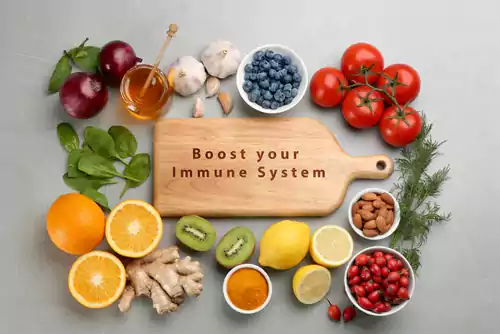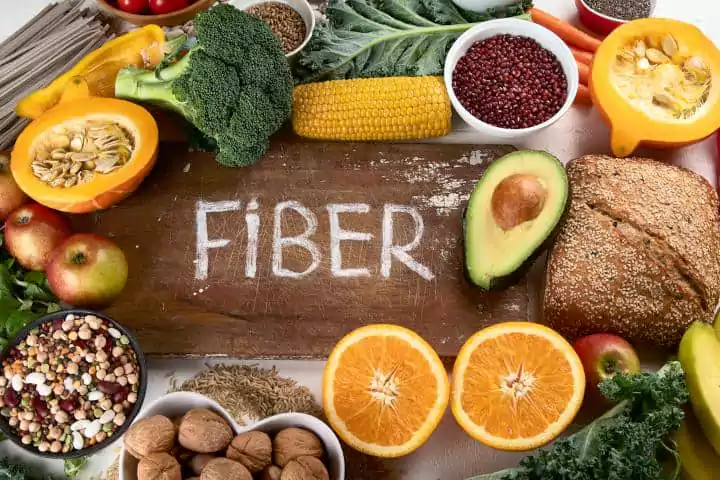.jpg)
Eating gluten-free dishes, like pasta made with rice and corn starches, pizzas has become a fad nowadays. Gluten free food is now the order of the day and it was only a decade ago, where only people with celiac disease, a digestive condition, knew much about the health implications of gluten. But today gluten-free diets , means you are cutting down on gluten or eliminating it entirely from your diet.
Diet fads come and go. But observers of nutrition and eating trends in the United States say this food regimen is likely to last longer and have more impact because it comes at a time when food allergies, digestive health, genetic modification of grain and other concerns about the American diet are at an all-time high and food itself is the current cultural currency. Gluten-free eating addresses it all.
“We are in this period of cacophony with food, where people are more engaged and more confused,” said Amy Bentley, an associate professor in the department of nutrition, food studies and public health at New York University. “It’s touching on very complicated issues in the food system right now.”
The number of people for whom eliminating gluten is a medical necessity is small. About 1 percent of the population has been found to have celiac disease, a disorder in which gluten — a protein in barley, rye and wheat — can damage the small intestine.
But the diet itself is used by people who want to lose weight, reduce inflammation, curb fatigue and ease other conditions, or because it helps them avoid highly processed grain. Many simply say they feel better without it, though there is not yet much scientific evidence to back up the claims.
A gluten-free diet is also unpopular for unexpected reasons. Some question it in light of the many biblical references to grain. In certain immigrant communities, eating the same, traditional food is a way of keeping the culture intact. Rejecting a roti or a flour tortilla can mean feeling like an outcast.
In other circles, eating gluten-free is dismissed outright as a trend for the rich, the white and the political left. “There really isn’t much better dietary advice than eating your veggies, exercising and limiting calories,” she said. “People just seem to like making eating difficult for themselves.”
Source:NY Times









.webp)